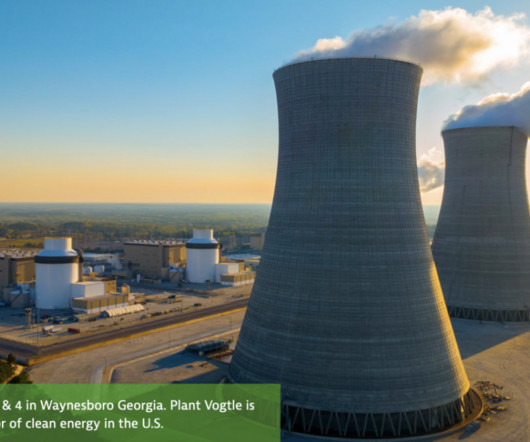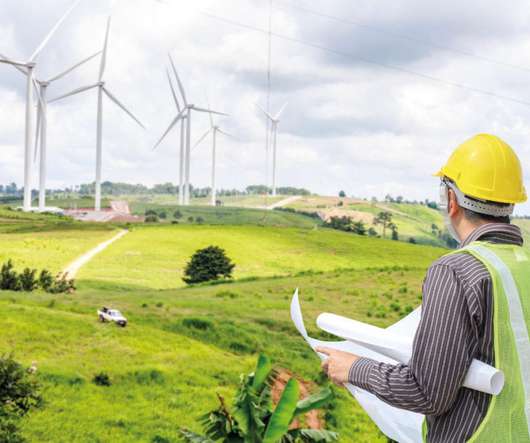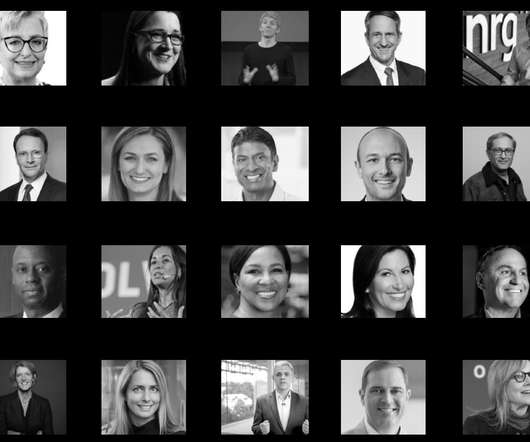Understanding the price of decarbonization
McKinsey Sustainabilty
JUNE 16, 2025
In 2007, McKinsey developedâfor a Swedish utilityâthe first marginal abatement cost curve (MACC) to provide such a framework (Exhibit 1). Since 2007, MACCs and their equivalents have become widely accepted. 3 â Accelerating decarbonization across the farming supply chain ,â McKinsey, February 4, 2025.













Let's personalize your content